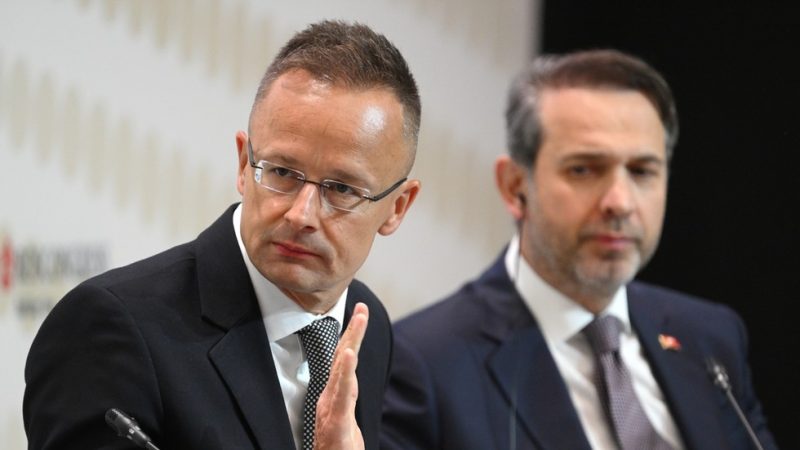
Hungary’s unwavering reliance on Russian energy continues, despite the European Union’s concerted efforts to wean itself off Russian oil and gas. This bold move by Budapest challenges the bloc’s unified stance against Moscow and raises questions about the effectiveness of EU sanctions. Foreign Minister Péter Szijjártó recently confirmed that Hungary will continue to import Russian energy resources, even in the face of pressure from Brussels. This decision comes after Hungary secured assurances from Russia regarding continued energy supplies, highlighting the country’s significant dependence on its eastern neighbor for its energy needs.
The Hungarian government has consistently argued that its economy is heavily reliant on Russian oil and gas, and that an abrupt halt to imports would cause significant economic disruption. This justification, however, has been met with criticism from other EU member states who see Hungary’s actions as undermining the bloc’s collective efforts to punish Russia for its invasion of Ukraine. The EU has been working to diversify its energy sources and reduce its overall reliance on Russia, aiming to weaken Moscow’s financial leverage and pressure it to end the conflict. Hungary’s continued reliance on Russian energy undercuts this strategy, potentially weakening the overall impact of EU sanctions.
This situation creates a complex geopolitical dilemma within the EU. While Hungary emphasizes its economic necessity, the move is viewed by many as a potential obstacle to the EU’s broader geopolitical goals concerning Russia. The long-term consequences of Hungary’s decision remain to be seen, but it highlights the considerable challenges involved in achieving a unified response from the EU towards Russia, particularly when national interests diverge significantly. The future will likely see continued debate and potentially further strain on the already complex relationship between Hungary and the rest of the EU.
It’s crucial to monitor this situation closely as it could have significant implications for the effectiveness of EU sanctions against Russia and the broader geopolitical landscape in Europe. The energy crisis continues to be a focal point in the ongoing conflict, and Hungary’s decision underscores the difficulties of achieving a cohesive and impactful response across the diverse interests of the EU member states.










